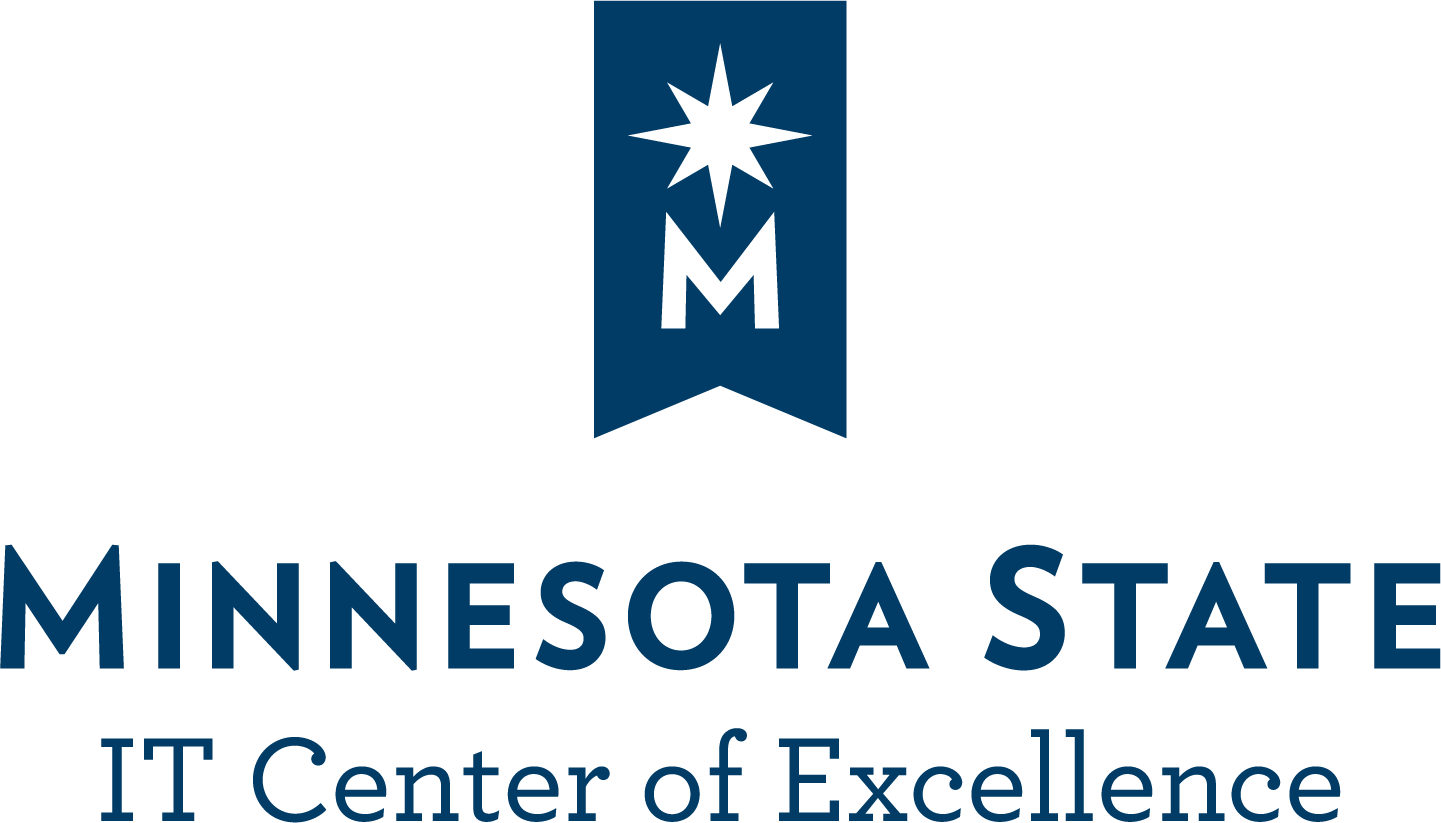Minnesota Cyber Security Training
In our increasingly digital world, the importance of cybersecurity cannot be overstated. With the rapid expansion of technology and the exponential growth of data, the demand for cybersecurity professionals is at an all-time high.
Becoming Cyber Savvy - Free Beginner Online Safety Training
Become cyber-savvy and learn best practices to protect yourself online.
Takeaways:
How to identify personal risk
How to create safe and secure passwords
How to protect your personal systems
Explore real-life examples of phishing and scam emails
If you would like to take the self-guided training:
Free (Beginner Level Internet Safety Training)
Becoming Cyber Savvy:
Please visit: https://educate.stemfuse.com/
-Select Join a Class
-Enter access code 704999e4
Another option for Beginner Level Internet Safety Training self-guided training:
Other cyber training options:
Course: Cyber Security For Employees
(Fundamentals of Cybersecurity for Employees)
Course: Advanced Cyber Security Training For I.T. Professionals
(Fundamentals of Cyber Security for Small Business)
Skills for Success
To thrive in a cybersecurity career, you need a mix of technical skills, soft skills, and a commitment to continuous learning. Here are some key skills and traits:
Technical Proficiency: A solid understanding of networking, operating systems, and programming languages is essential. Familiarity with cybersecurity tools and technologies is also crucial.
Analytical Skills: Cybersecurity professionals must be able to analyze data and detect anomalies or potential threats. Critical thinking and problem-solving skills are invaluable.
Communication: Effective communication is key, as cybersecurity professionals often need to convey complex technical information to non-technical stakeholders.
Adaptability: Cyber threats are constantly evolving. Professionals in this field must stay updated with the latest trends and be prepared to adapt their strategies accordingly.
Ethical Mindset: A strong ethical foundation is essential for ethical hackers and other cybersecurity professionals who handle sensitive information and vulnerabilities.
Diverse Career Opportunities
Cybersecurity is a multifaceted field, offering a wide array of career opportunities. Here are some prominent cybersecurity roles:
Security Analyst: Security analysts are the frontline defenders of an organization's digital assets. They monitor networks and systems for vulnerabilities, investigate security incidents, and implement measures to protect against threats.
Ethical Hacker (Penetration Tester): Ethical hackers are hired by organizations to simulate cyberattacks and identify vulnerabilities in their systems. This role requires a deep understanding of hacking techniques to strengthen security.
Security Consultant: Security consultants work for consulting firms or as independent contractors, advising organizations on how to enhance their cybersecurity posture. They conduct risk assessments and help develop security policies and strategies.
Security Architect: These professionals design and build secure systems and networks. They work closely with development teams to ensure security measures are integrated into software and infrastructure.
Incident Responder: Incident responders are the "firefighters" of cybersecurity. They investigate security breaches, contain the damage, and implement recovery plans.
Chief Information Security Officer (CISO): CISOs are the highest-ranking cybersecurity executives in organizations. They are responsible for establishing and overseeing the entire cybersecurity program.
The Growing Need for Cybersecurity Professionals
-

Cyber Security Pathways
Career Movement Potential
-

Collegiate Cyber Defense Competition
College student teams compete against a “Red Team” of professionals who try to hack and infiltrate student networks.





